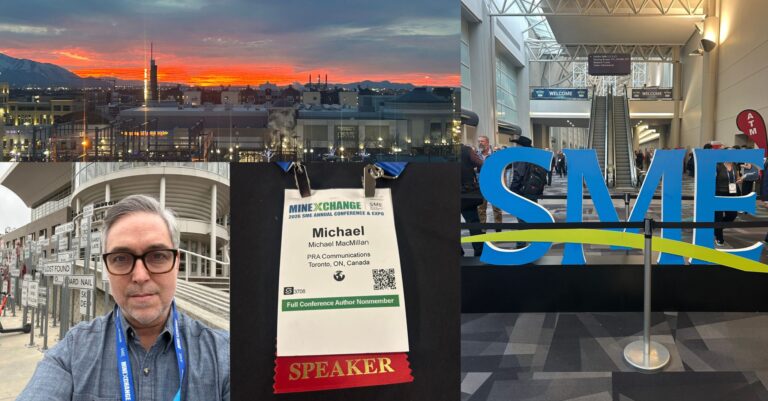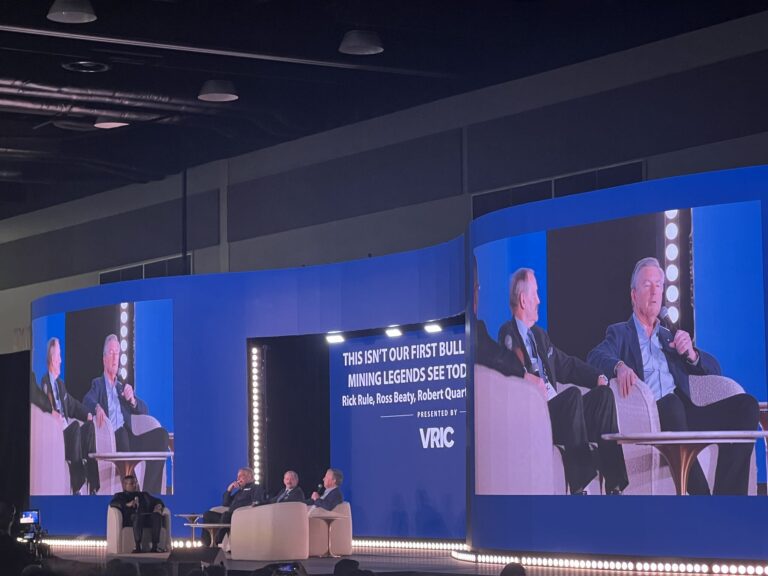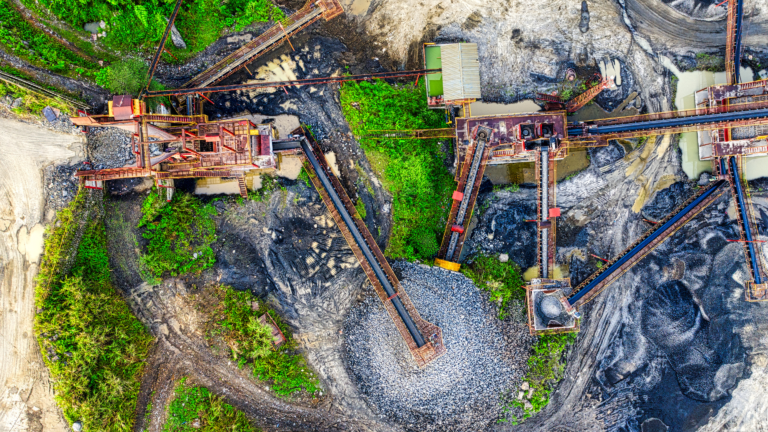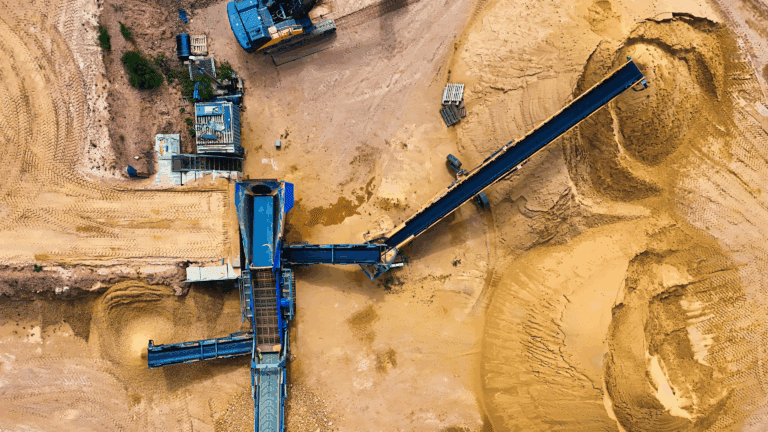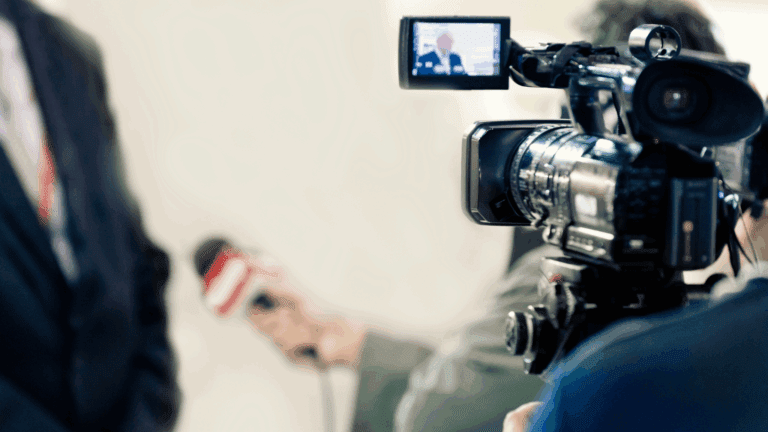I was thinking about an article I read last week in The Guardian about a lithium project in Covas do Barroso, Portugal. Local farmers and residents, many of whom have lived on the land for generations, successfully pushed back against multiple proposed mines. Their reason? They didn’t feel heard. They felt they were being sacrificed in the name of “green progress.”
It hit home because it’s a story I’ve heard in different forms across our work in mining communities in Canada and globally. For decades, a Social License to Operate has been a key pillar of responsible mining. Now, we’re seeing it shift toward stronger expectations built around trust, inclusion, and shared decision-making.
Communities aren’t just asking for jobs or compensation anymore. They’re asking for real partnership, transparency, and control over what happens in their backyards. That lithium story out of Portugal is a reminder that the future of mining depends on more than consultation. It requires trust, shared goals, and real partnership.
I was sitting with an Elder in a small community not long ago and offered to bring him a cup of coffee. That one coffee turned into a conversation about hockey, his years working in fisheries, his short-lived marriage (“I was too wild to be tied down,” he laughed), and his lifelong love of music. He didn’t ask about jobs or contracts. What he wanted to know was what the future looked like for his grandkids. That’s what mattered most. And that’s the kind of insight you don’t get from a survey or a town hall. You get it by showing up, sitting down, and listening.
What’s more, technology is changing the conversation. Automation, for instance, can reduce environmental impact, but it also changes the kinds of jobs available, especially for Indigenous and rural workers who have historically entered the workforce through heavy equipment roles. Some are calling this the need for a Social License to Automate and I agree. Communities deserve to understand and weigh in on how tech will impact them, just like they do with traditional mining.
So what now?
At PRA, we believe it’s time to go beyond the checklist approach to engagement. Remember, many communities have heard promises that have faded and not been realized. That means:
- Bringing communities in early, not once a decision’s already been made
- Being honest about risks and trade-offs, not just benefits
- Creating space for real influence, not token involvement
- And investing in the future, whether that’s through training, education, or co-designed economic development
If mining is going to play a meaningful role, we have to redefine what partnership looks like. A project doesn’t just need a permit, it needs a pulse. That’s what earns trust, and that’s what gives us the right to be there.
In the next era of mining, listening won’t just be good practice, it will be a competitive advantage.

